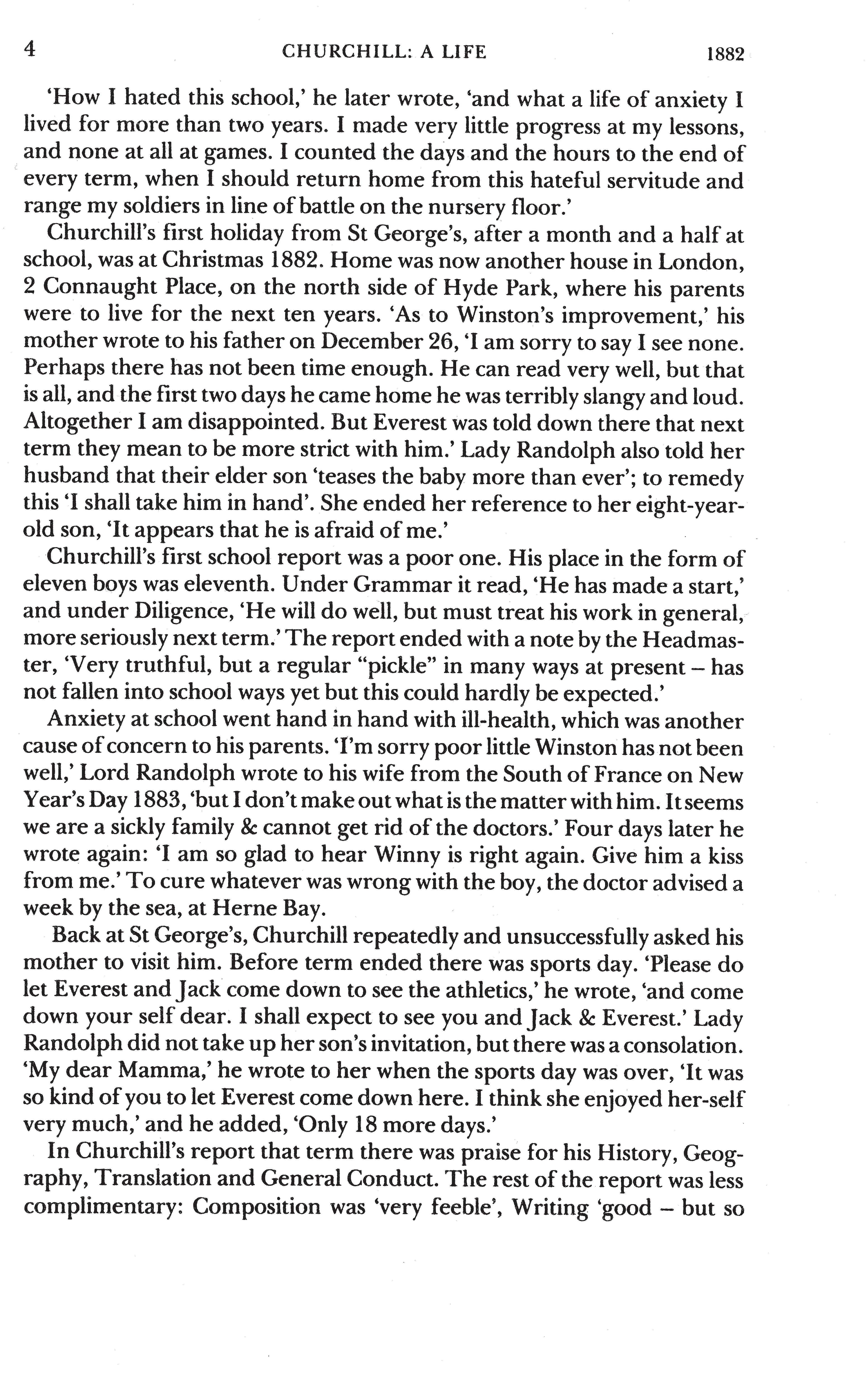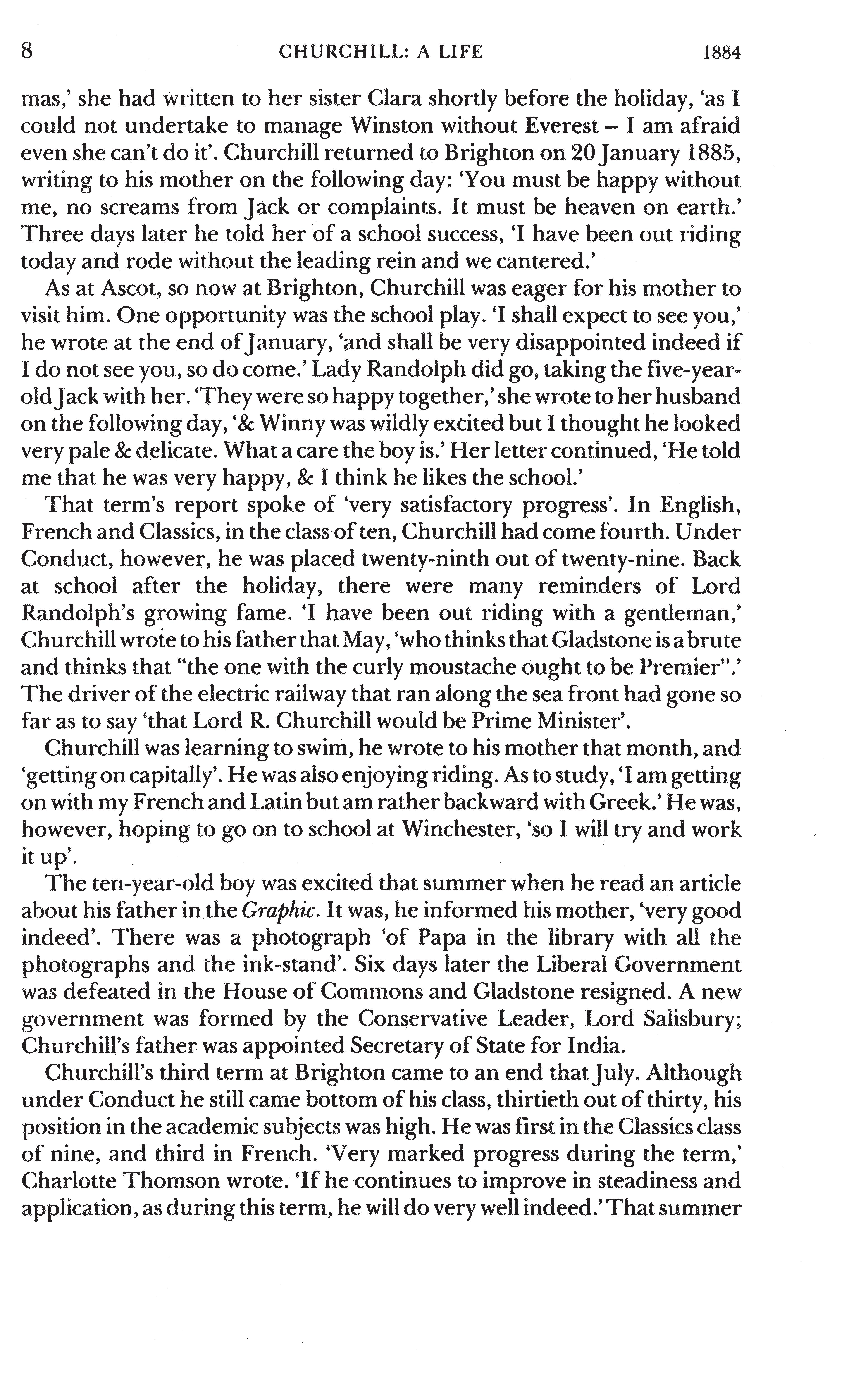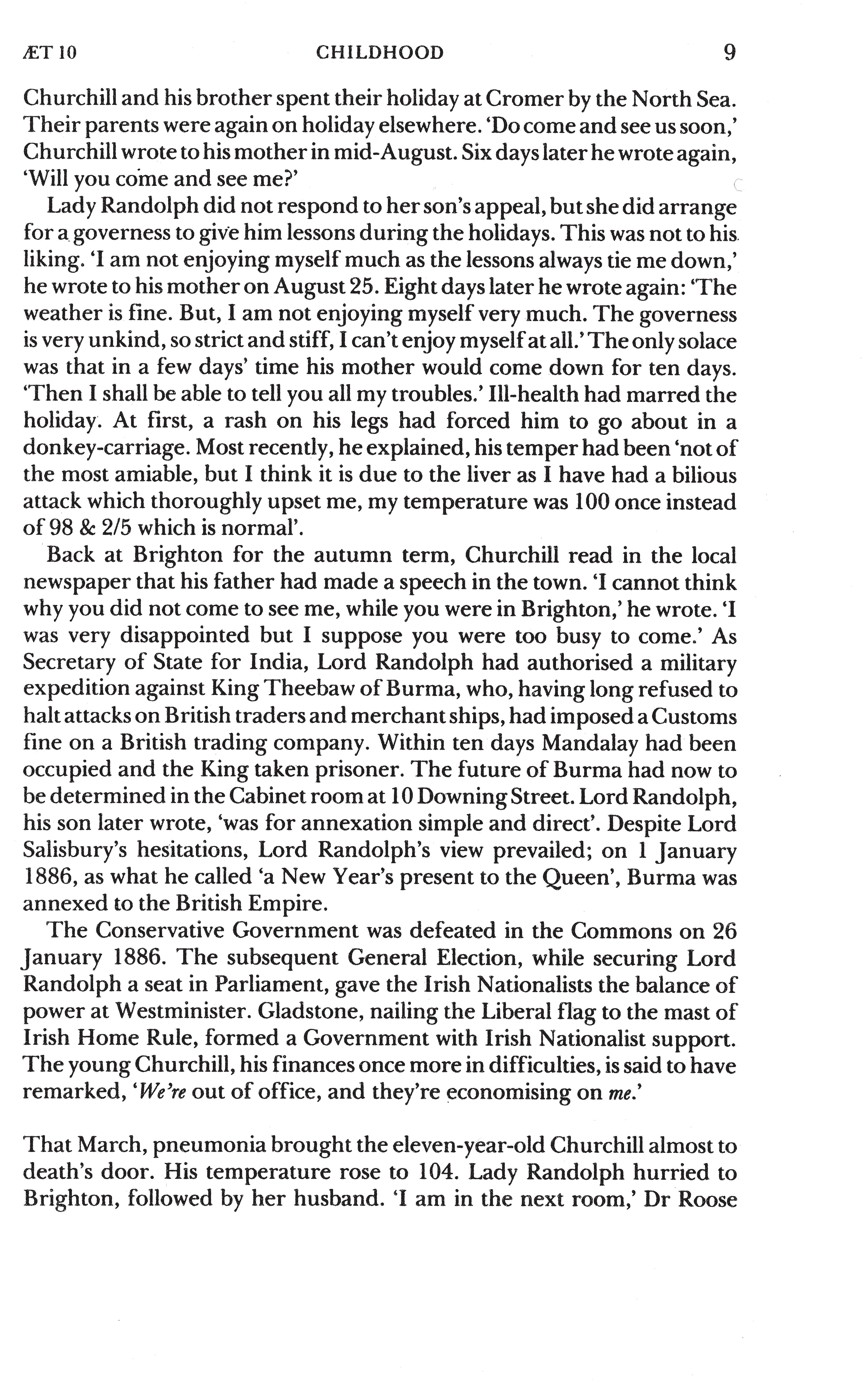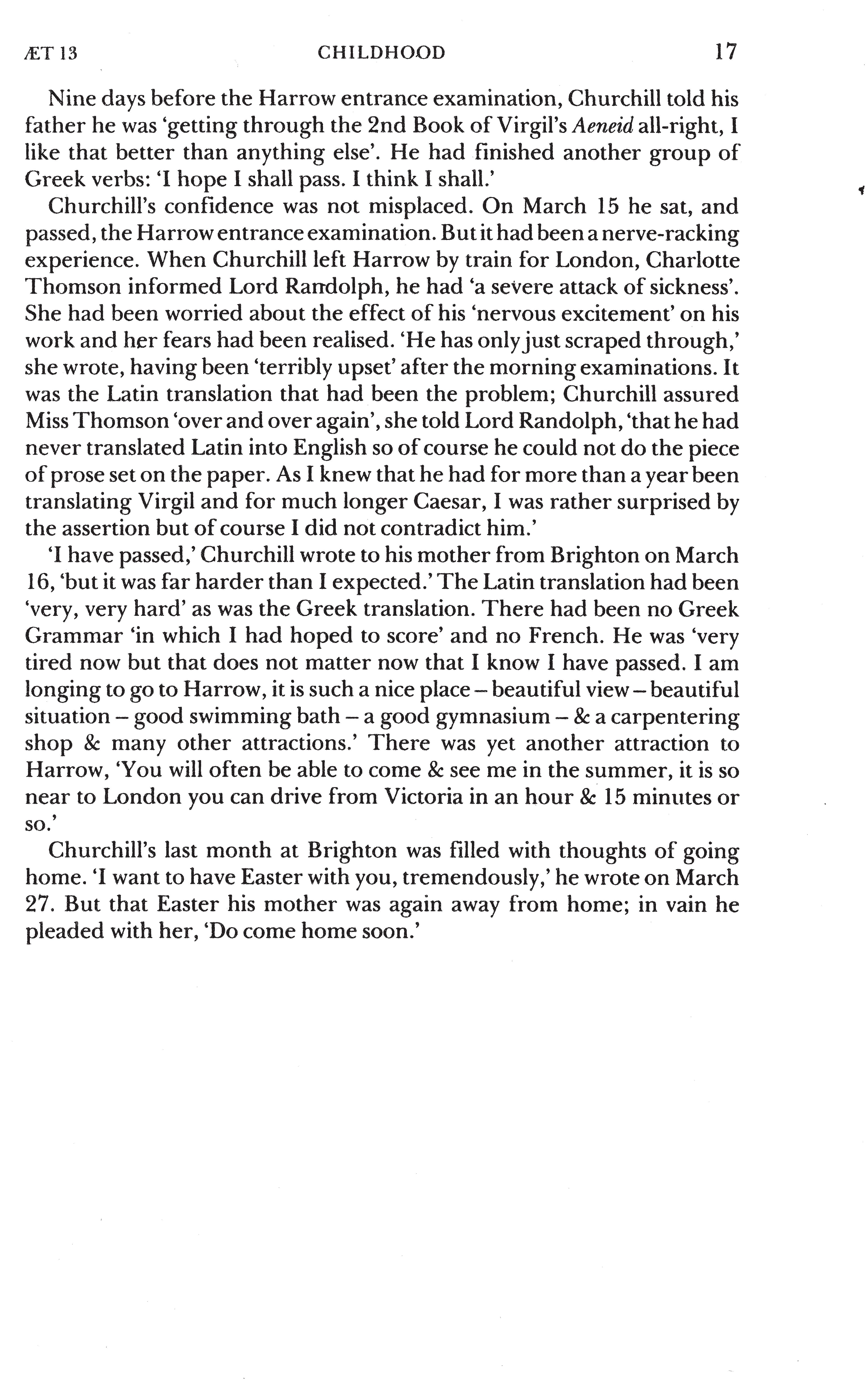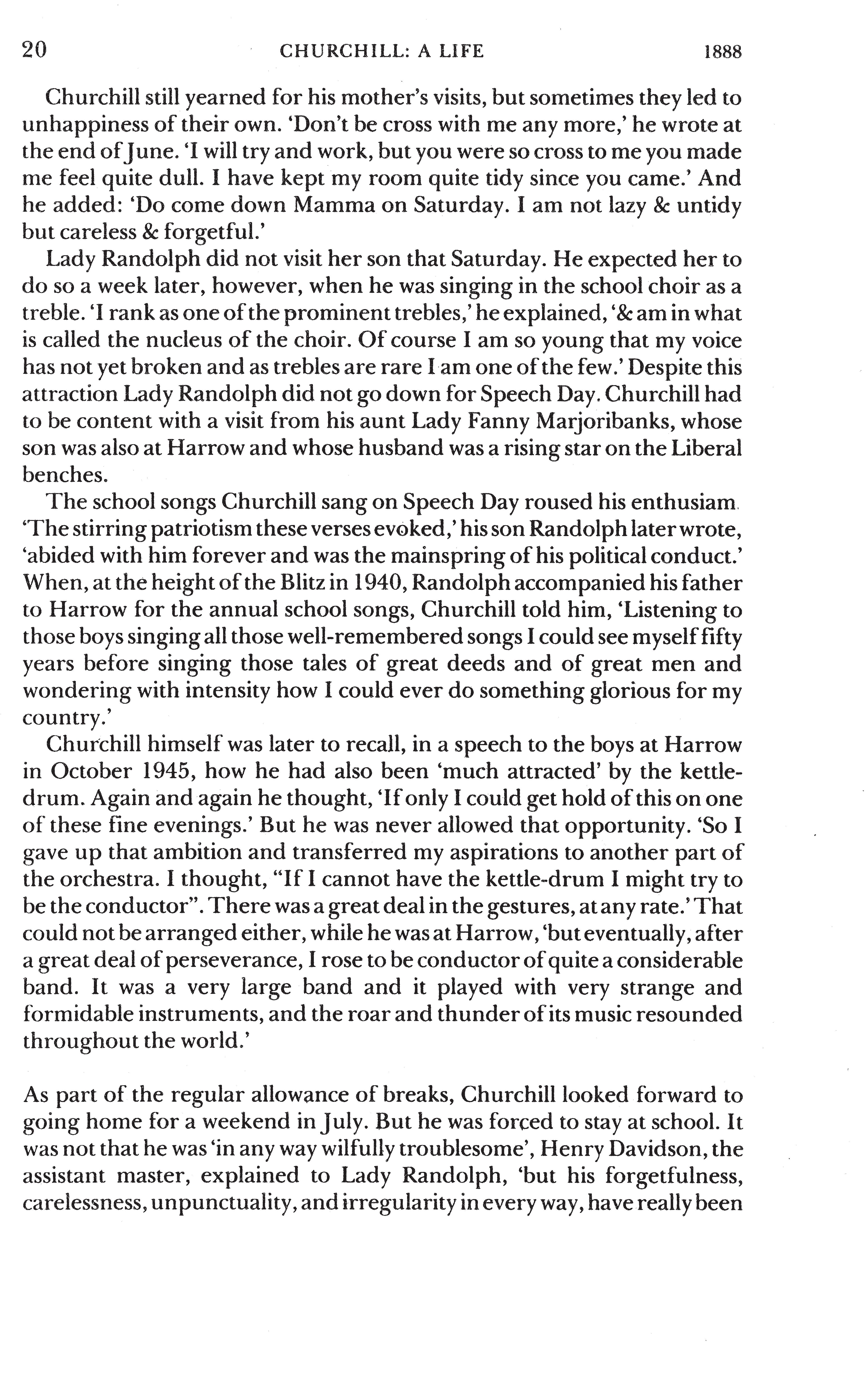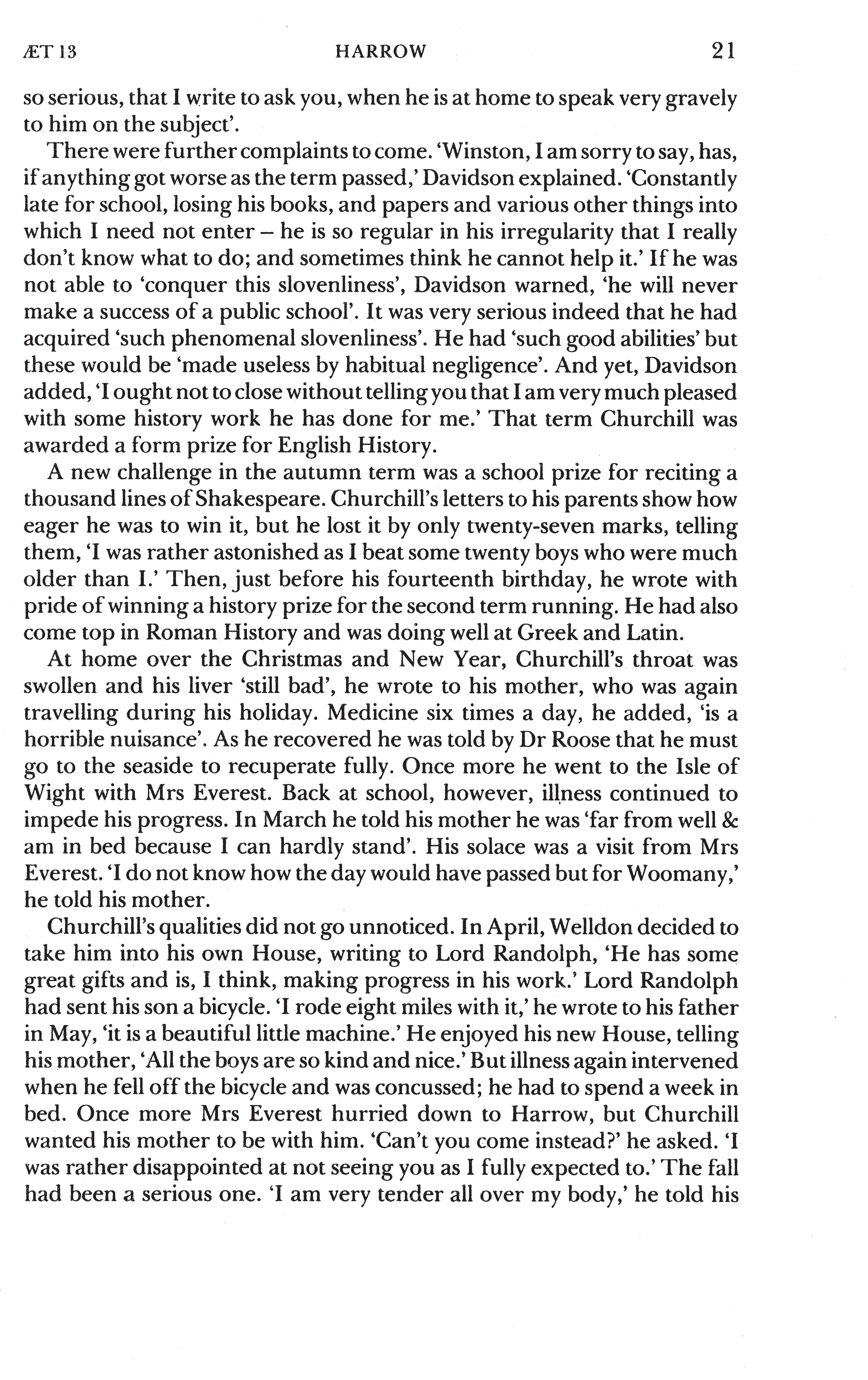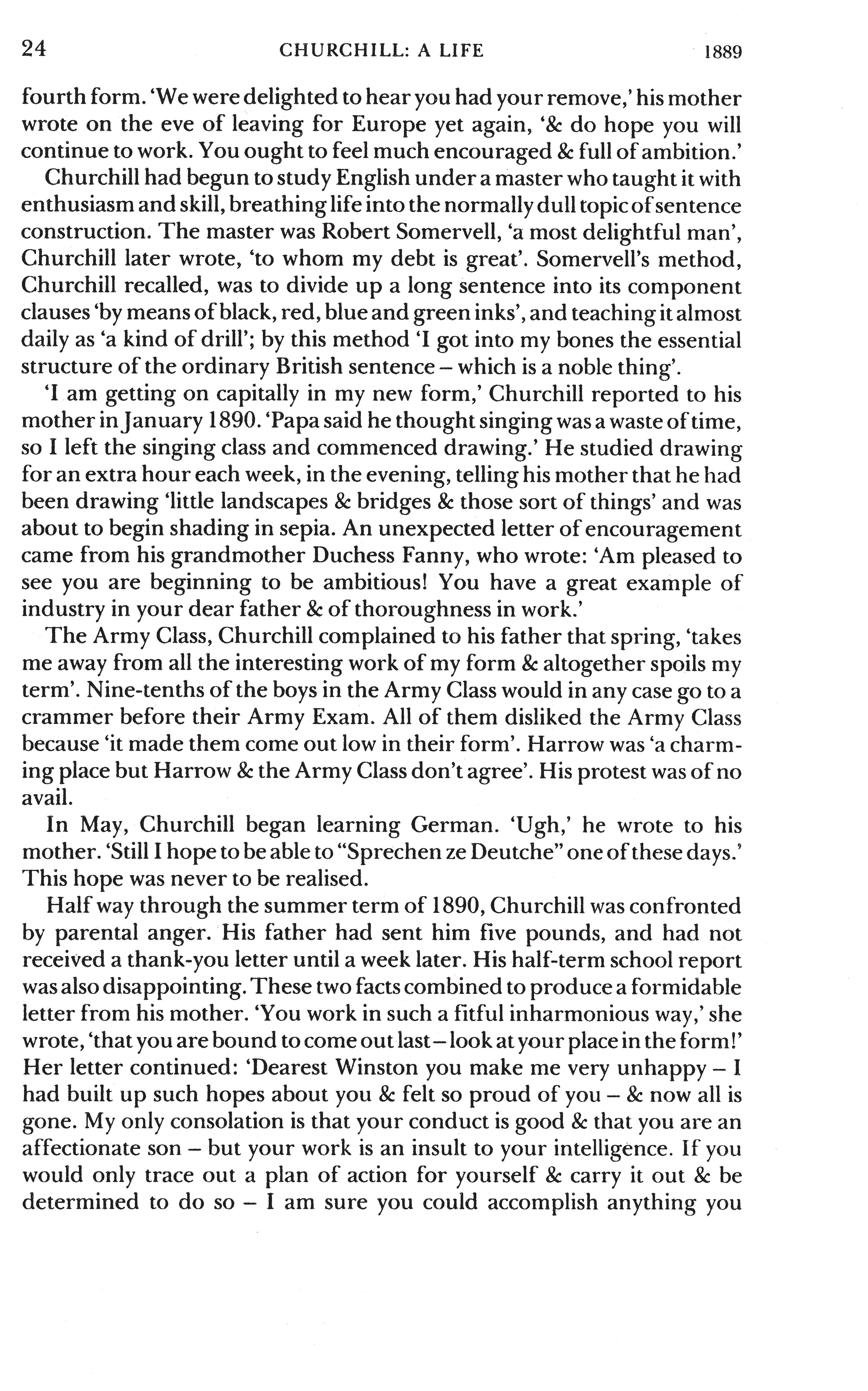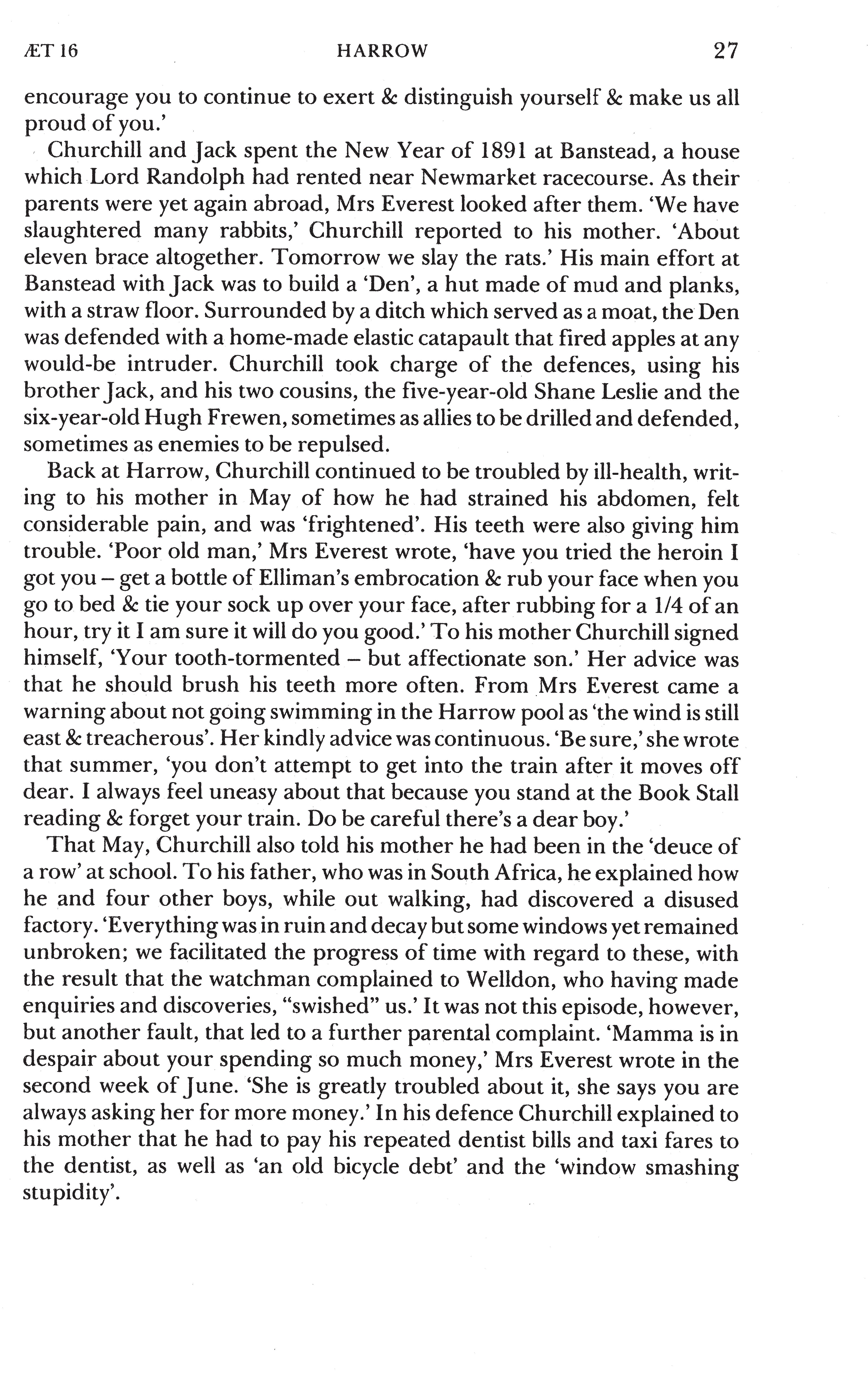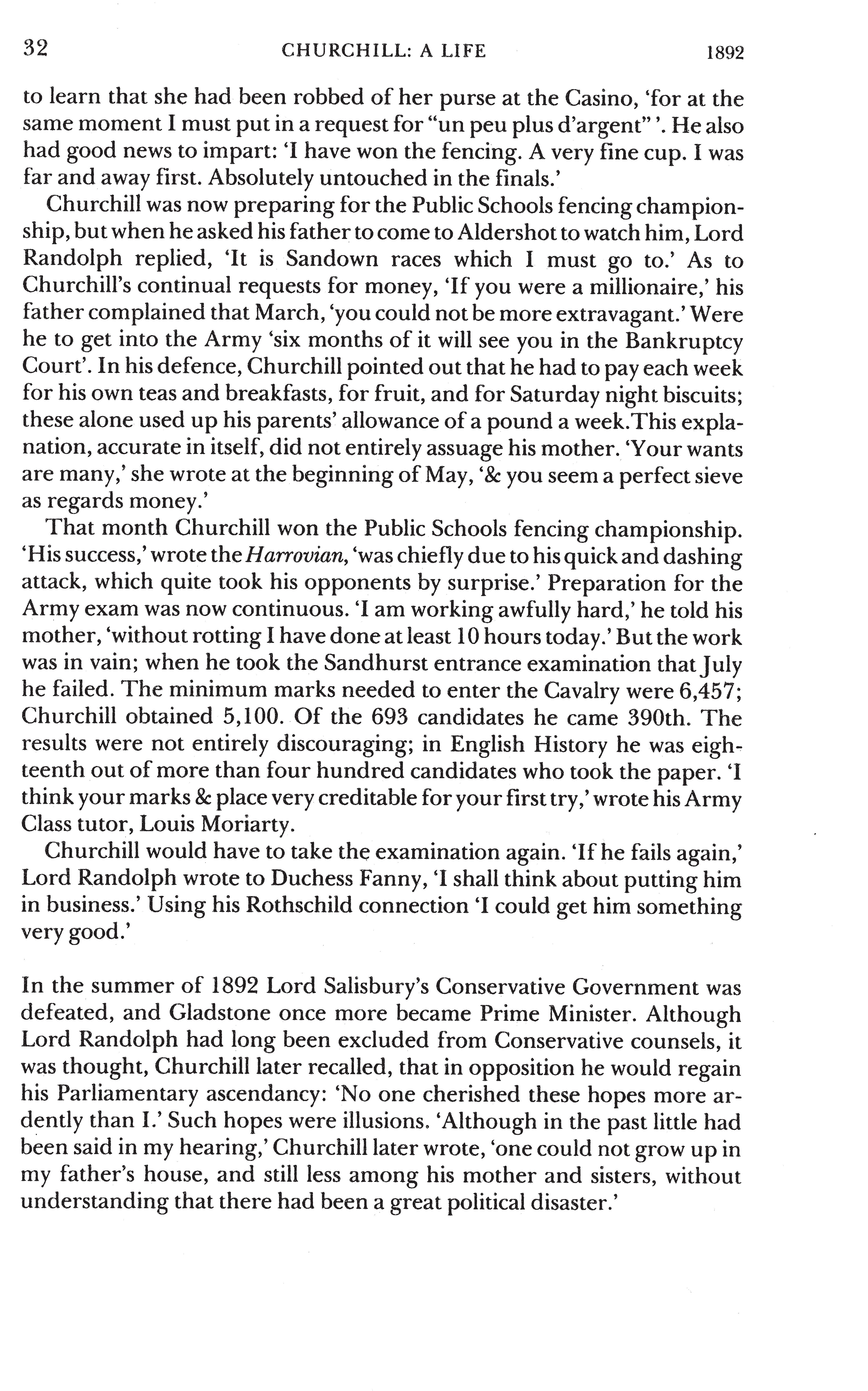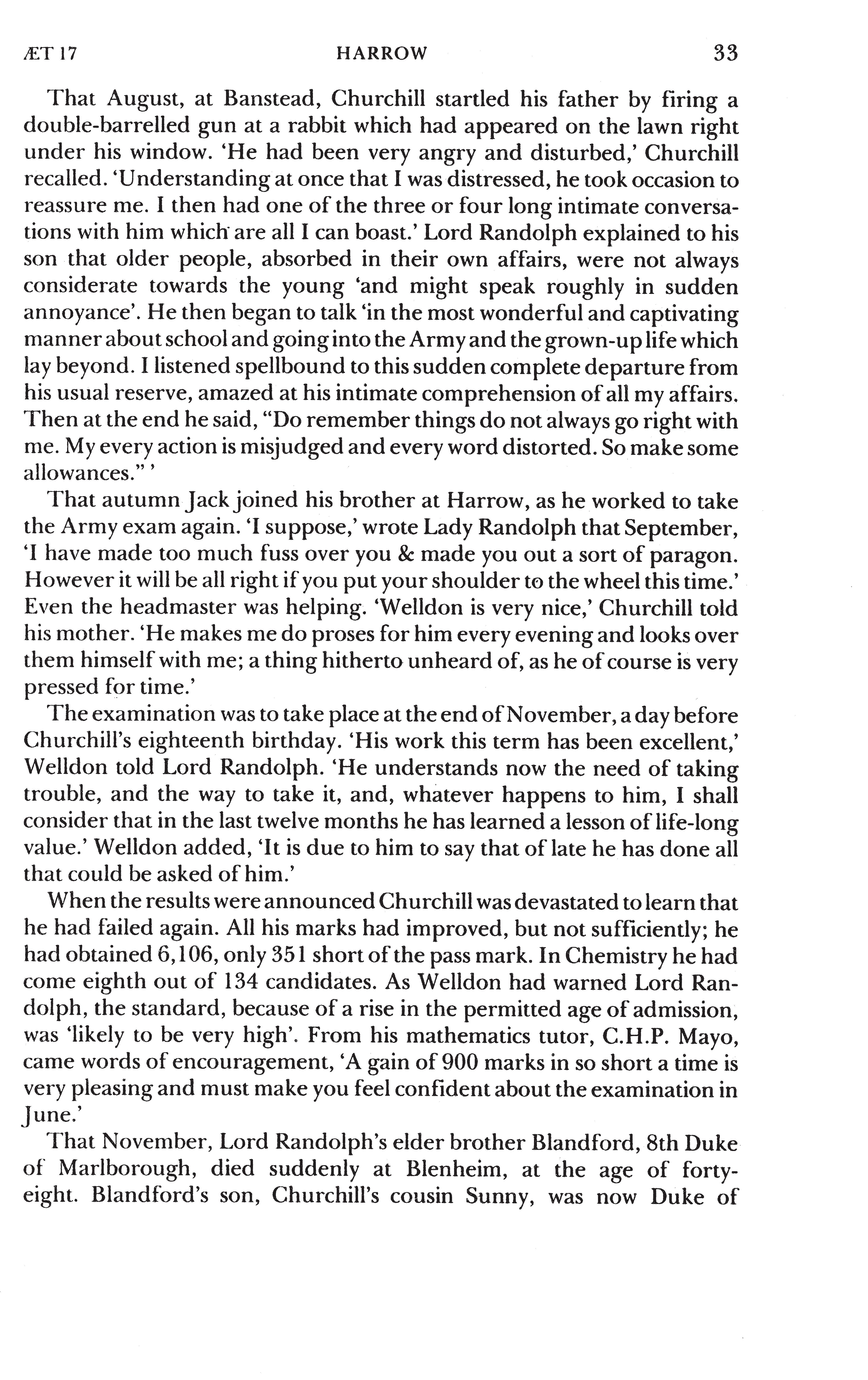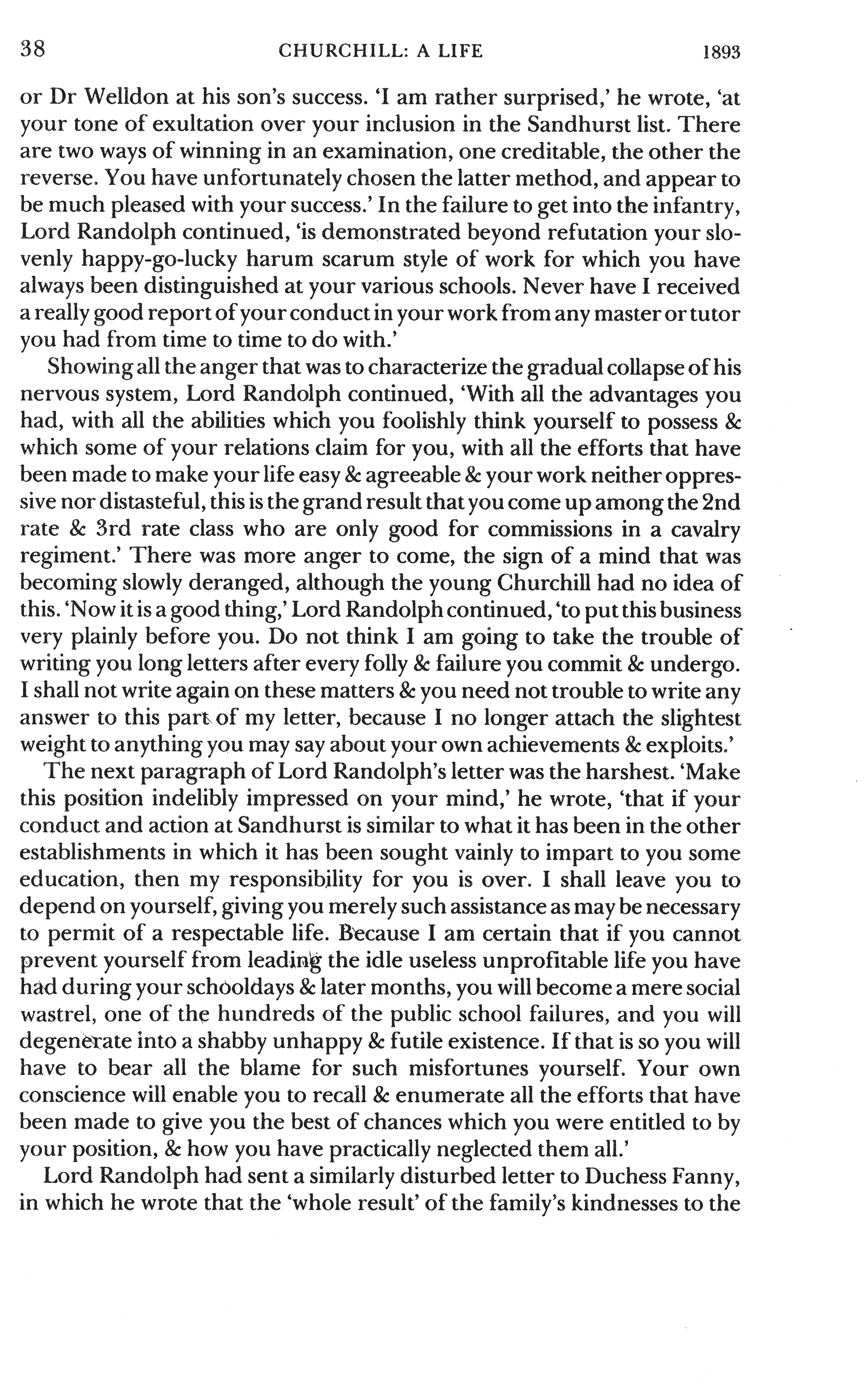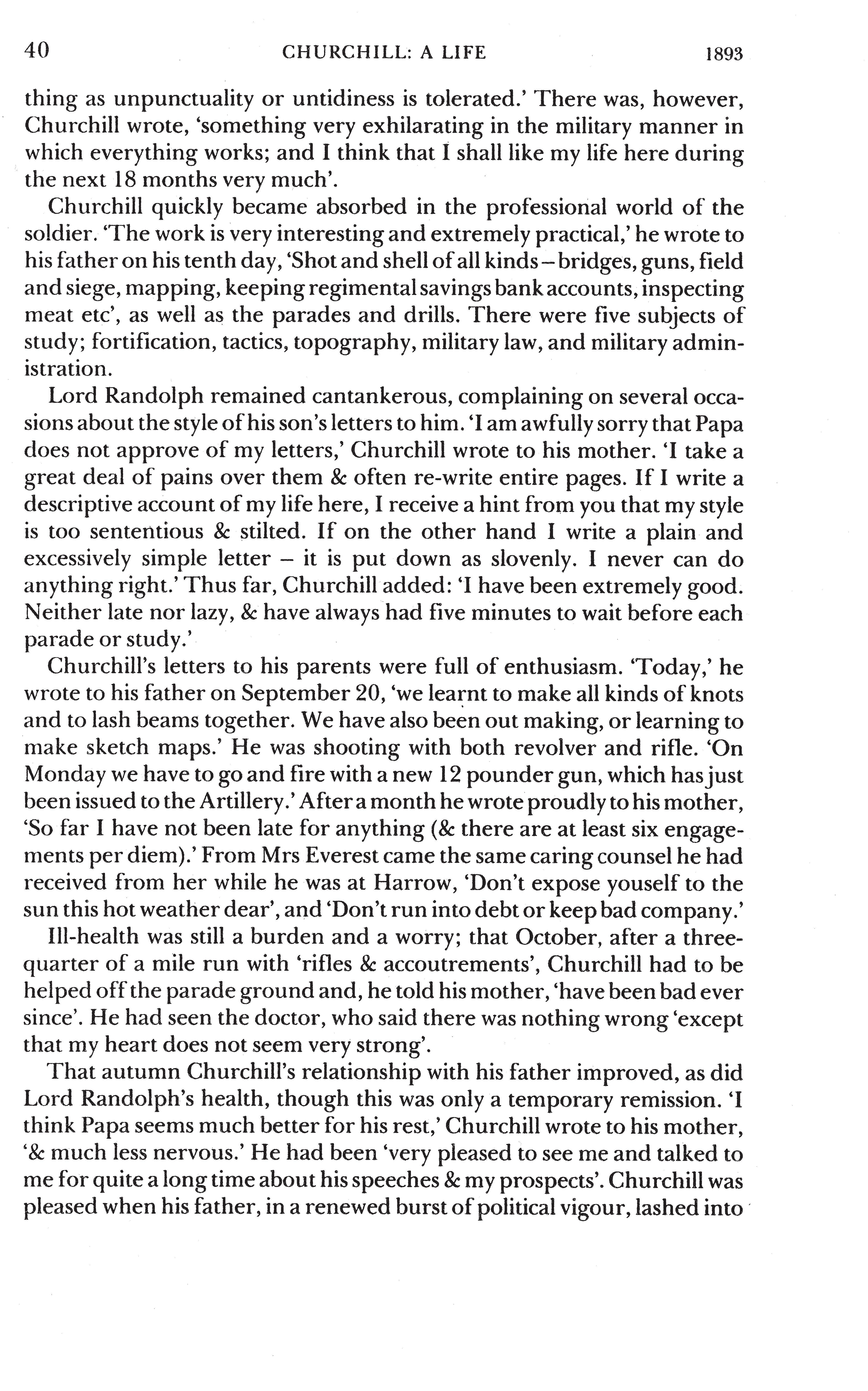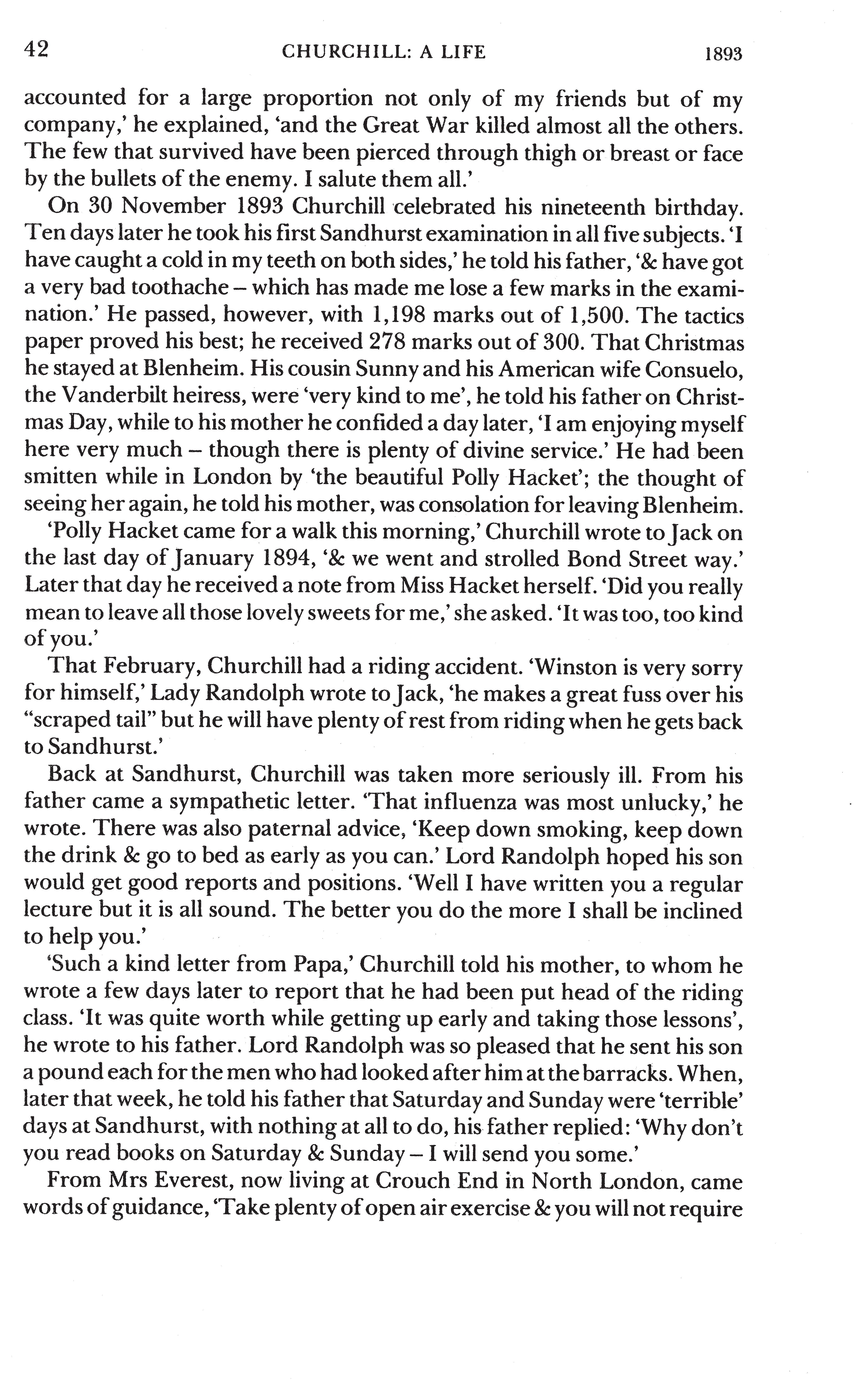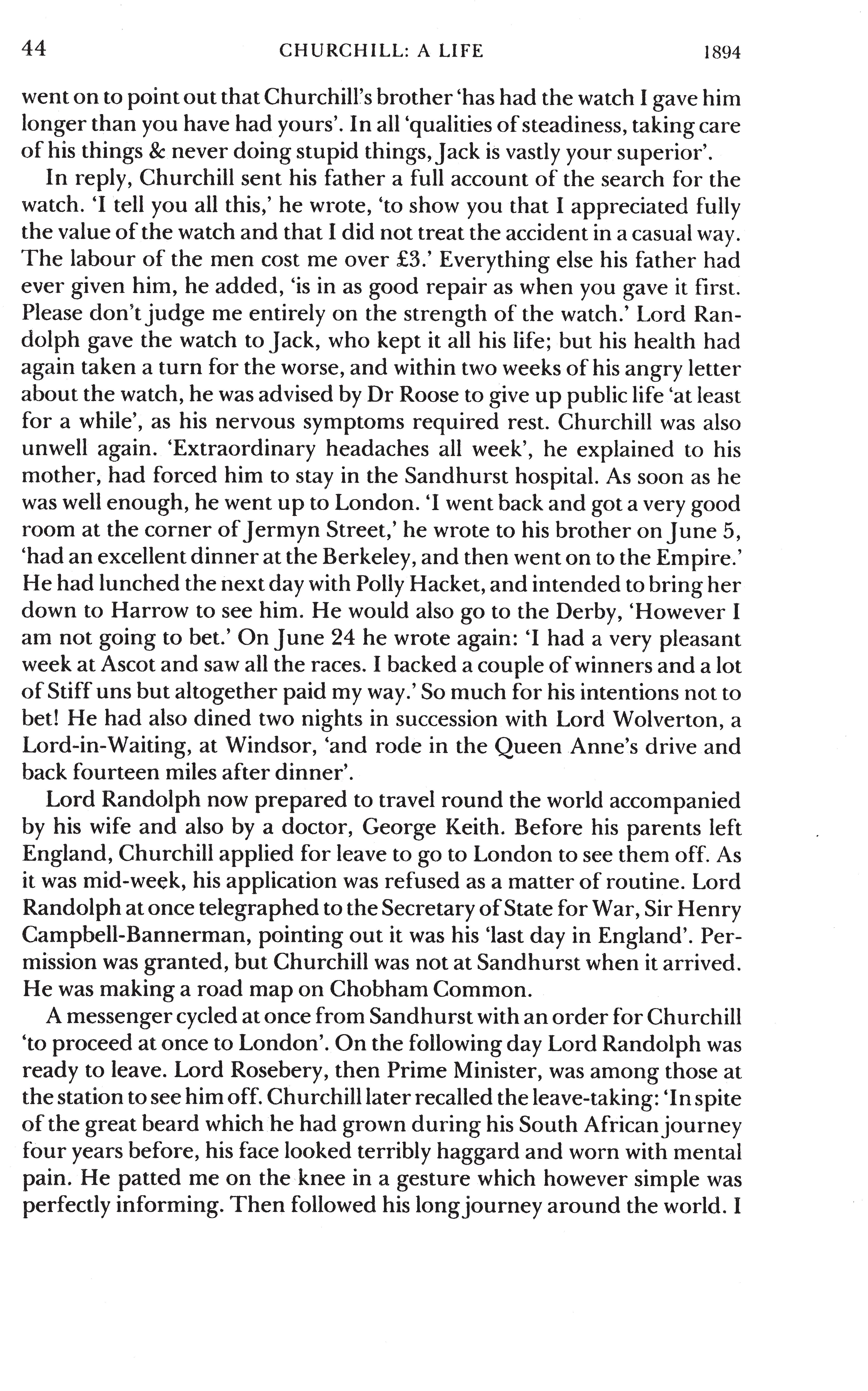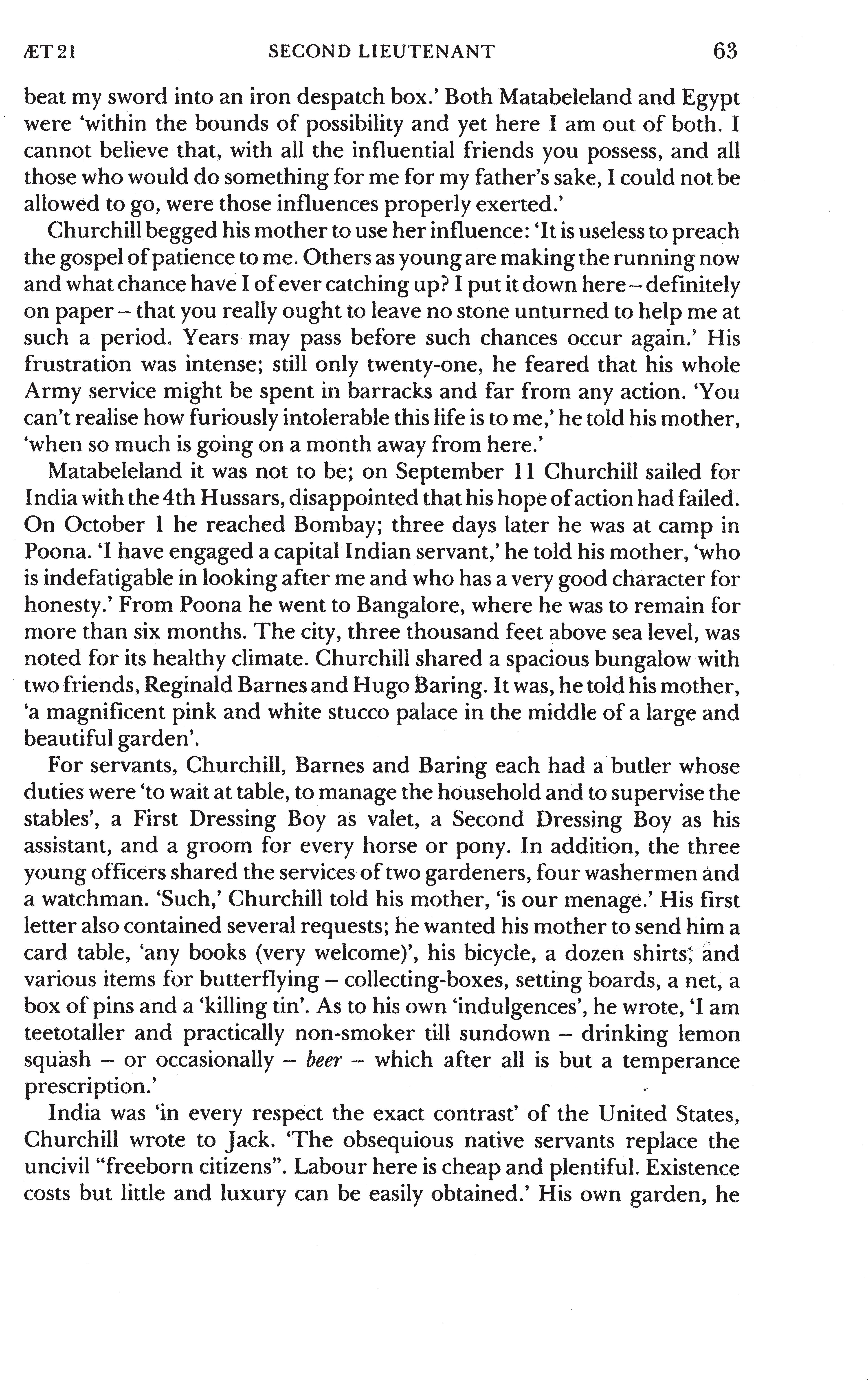

MARTIN GILBERT
PREFACE
BY RICHARD J. EVANS
‘The greatest adventure story of the century’ Sunday Telegraph
Featuring a foreword by Randolph Churchill

Sir Martin Gilbert CBE was Winston Churchill’s official biographer, and a leading historian of the twentieth century. An honorary fellow at Merton College, Oxford, he was knighted in 1995 ‘for service to British history and international relations’. He died in 2015.
www.martingilbert.com
Books by Martin Gilbert
The Churchill Biography
Volume III : The Challenge of War, 1914-1916
Document Volumes 6 and 7
Volume IV : World in Torment, 1917-1922
Document Volumes 8, 9 and 10
Volume V: The Coming of War, 1922-1939
Document Volumes 11, 12 and 13
Volume VI : Finest Hour, 1939-1941
Document Volumes 14, 15 and 16
Volume VII : Road to Victory, 1941-1945
Document Volumes 17, 18, 19 and 20
Volume VIII : Never Despair, 1945-1965
Document Volumes 21, 22 and 23
Churchill, A Photographic Portrait
Churchill, An Illustrated Biography
Clarendon Biography: Winston Churchill
The Appeasers (with Richard Gott)
The European Powers, 1900-1945
The Roots of Appeasement
Sir Horace Rumbold, Portrait of a Diplomat
Great Lives Observed: Lloyd George
A History of the 20th Century, 1900-1933
A History of the 20th Century, 1934-1951
A History of the 20th Century, 1952-1999
A Concise History of the 20th Century
Great Lives Observed: Winston Churchill
Churchill, The Wilderness Years
Churchill’s Political Philosophy
Churchill’s War Leadership
Churchill and Parliamentary Democracy
Churchill at War in Photographs
In Search of Churchill
Churchill and America
Churchill and the Jews
The First World War
Somme, The Heroism and Horror of War
The Second World War
D-Day
The Day the War Ended
The Routledge Atlas of American History
The Routledge Atlas of British History
The Routledge Atlas of Russian History
The Routledge Atlas of the First World War
The Routledge Atlas of the Second World War
Editions of Documents
Britain and Germany Between the Wars
Plough My Own Furrow, Lord Allen Hurtwood
Servant of India, Viceroy’s Private Secretary
Winston Churchill and Emery Reves
Surviving the Holocaust, Avraham Tory Diary
Churchill, The Power of Words
The Jews in the Twentieth Century
Letters to Auntie Fori, on the Jewish People
Exile and Return, Struggle for Jewish Statehood
Israel, A History
Jerusalem, Rebirth of a City
Jerusalem in the Twentieth Century
The Story of Israel
The Holocaust, The Jewish Tragedy
Auschwitz and the Allies
Final Journey
Kristallnacht, Prelude to Destruction
The Boys, Triumph over Adversity
Holocaust Journey
Never Again, A History of the Holocaust
The Righteous, Unsung Heroes of the Holocaust
In Ishmael’s House, Jews from Muslim Lands
Children’s Illustrated Bible Atlas
Atlas of British Charities
The Holocaust, Maps and Photographs
The Jews of Arab Lands, Their History in Maps
The Jews of Russia, Their History in Maps
The Routledge Atlas of the Holocaust
The Routledge Atlas of Jewish History
The Routledge Atlas of the Arab-Israeli Conflict
The Routledge Historical Atlas of Jerusalem
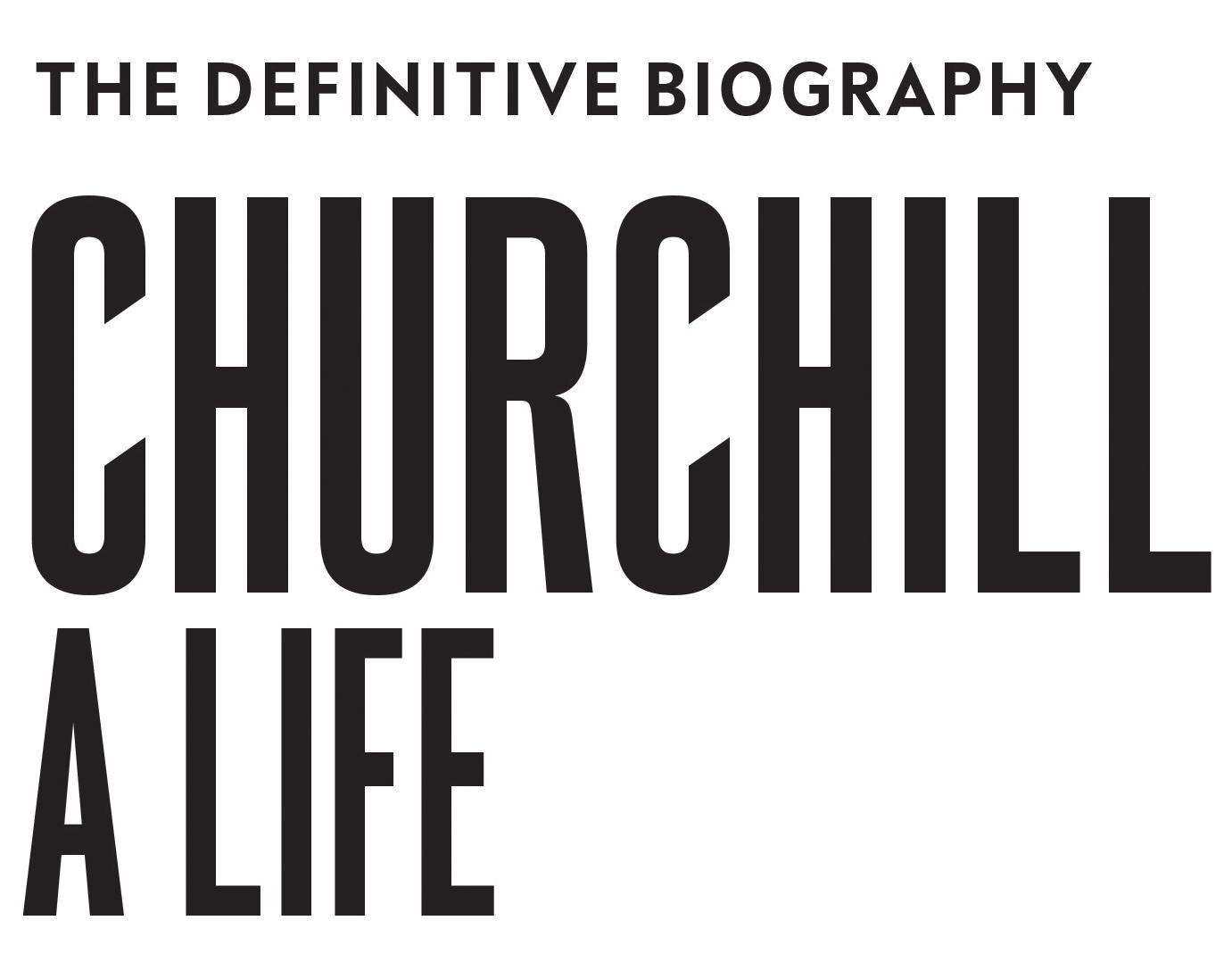

Preface by Richard J. Evans
Foreword by Randolph Churchill
PENGUIN BOOKS
UK | USA | Canada | Ireland | Australia India | New Zealand | South Africa
Penguin Books is part of the Penguin Random House group of companies whose addresses can be found at global.penguinrandomhouse.com
First published by William Heinemann Ltd in 1991
Published by Pimlico in 2000
Published in Penguin Books 2024 001
Copyright © Martin Gilbert, 1991
Foreword copyright © Randolph Churchill, 2024 Preface and historical note copyright © Richard J. Evans, 2024
The moral right of the author has been asserted
Printed and bound in Great Britain by Clays Ltd, Elcograf S.p.A.
The authorised representative in the EEA is Penguin Random House Ireland, Morrison Chambers, 32 Nassau Street, Dublin D02 YH 68
A CIP catalogue record for this book is available from the British Library
ISBN : 978–1–804–94939–9 www.greenpenguin.co.uk
Penguin Random Hous e is committed to a sustainable future for our business , our readers and our planet. is book is made from Forest Stewardship Council® certified paper.

CHURCHILL: A LIFE
20 Colonial Secretary 431
21 Return to the Wilderness 455
22 At the Exchequer 467
23 Out of Office 491
24 The Moment of Truth 535
25 No Place for Churchill 571
26 From Munich to War 603
27 Return to the Admiralty 623
28 Prime Minister 645
29 Britain at Bay 679
30 The Widening War 701
31 Planning for Victory 735
32 Illness and Recovery 763
33 Normandy and Beyond 777
34 War and Diplomacy 803
35 ‘Advance, Britannia!’ 829
36 ‘An Iron Curtain’ 843
37 Mapping the Past, Guiding the Future 871
38 Prime Minister in Peacetime 899
39 Recovery, Last Ambition, Resignation 915
40 Last Years 943




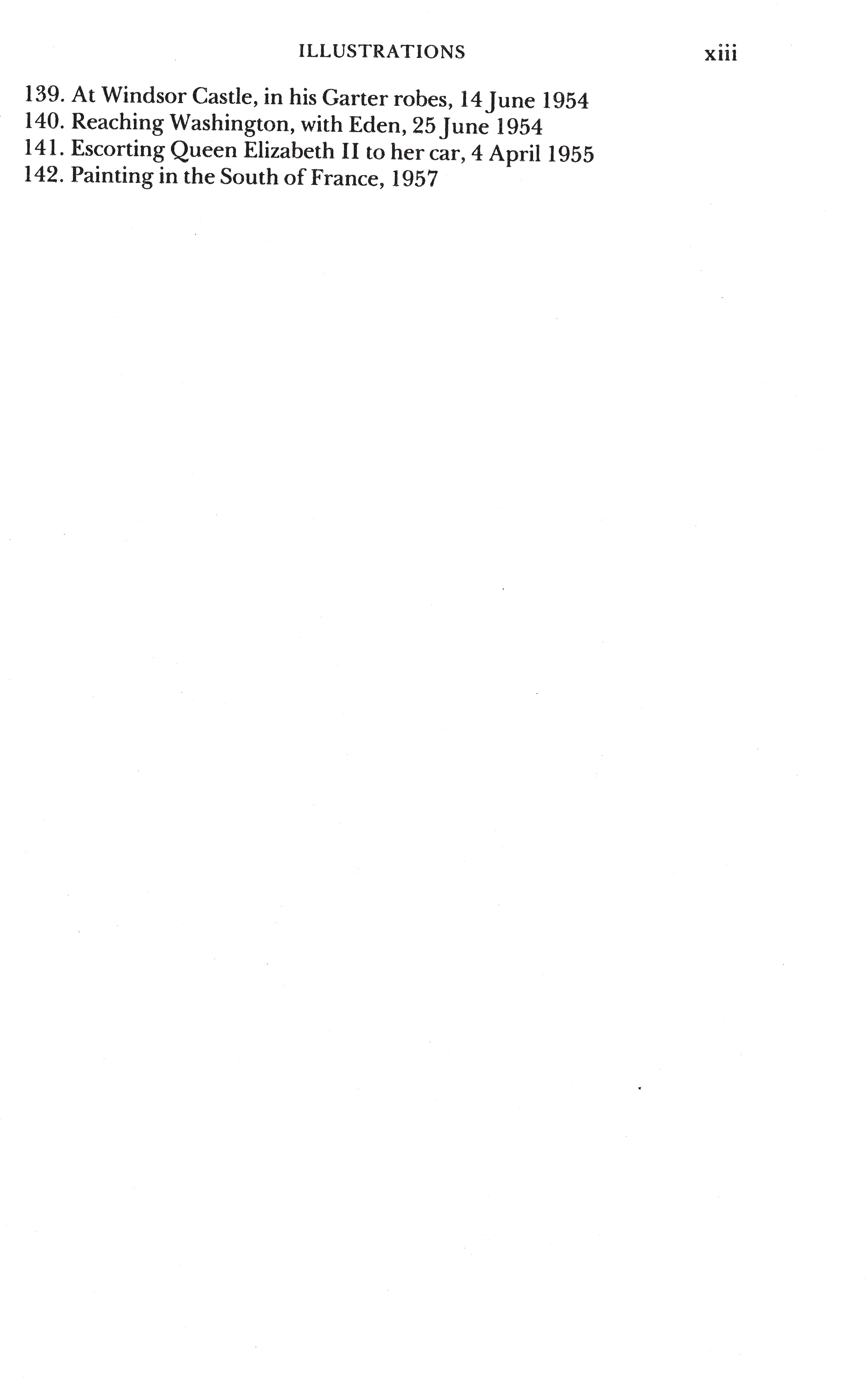


Foreword to the 150th Anniversary Edition
by Randolph Churchill
It is a pleasure and an honour for me to provide the foreword for this new edition of Sir Martin Gilbert’s magnificent one-volume biography of my great-grandfather. Thirty-three years since its original publication, it remains a thousand-page masterpiece of the biographer’s art.
It was in 1962 that Martin joined the team of researchers helping my grandfather, Randolph, to write the official biography of Sir Winston Churchill. They assembled at Stour House, Randolph’s home in East Bergholt, Sussex. There, in what Martin described as ‘heavy filing cabinets in a specially built strongroom’, were the fifteen tonnes of documents that would form the foundation of the biography.
My grandfather used to say that Martin worked ‘like a tiger’. Not content merely to rely upon documents, he also interviewed aged politicians, soldiers, secretaries and others who had known Churchill. Randolph cherished the results of these endeavours, calling them ‘lovely grub’ and adding them to the vast monument he was building to honour his father.
When Randolph died in 1968, after the completion of two volumes, Martin was his natural successor, and took up the great task with a mixture of relish and trepidation. As he wrote to Isaiah Berlin a year after my grandfather’s death:
It has not been easy taking up his work. But now that I have begun the actual writing of volume three, which covers the First World War, I feel a new upsurge of energy and inspiration. When I began to work for him I felt a great deal of fear mingled with a certain amount of awe; after six years the fear had been replaced by
CHURCHILL: A LIFE
admiration and the awe by affection. And then he was gone, and neither the honour of having been chosen to carry on his work nor the excitement, variety, and interest of the work itself can ever obliterate the pain of his departure.
I recall Martin’s name often being mentioned at home in the early 1970s as the official biography was proceeding at a stately pace. This vast project was not without its challenges – I distinctly remember my great-uncle Peregrine, the second son of Churchill’s brother Jack, bemoaning its lengthiness and cost. But scholarship on that scale cannot be hurried, and the result – eight magnificent volumes – was more than worth it.
It was after I left the Royal Navy in the 1990s that I got to know Martin well and began to fully appreciate his brilliant scholarship and personal kindness. I still treasure the wonderful postcards he sent me from his Churchillian adventures around the world.
Martin was rightly proud of the official biography, but knew that even the most devoted Churchillian might find reading all eight volumes a forbidding prospect. Thus, he resolved to write a single-volume version of his ‘Churchilliad’. In crafting Churchill: A Life, he mined the endless riches of the ‘O.B.’ and added much new material. The result was a masterful, detailed work that traced the arc of Churchill’s life in an accessible and easily digestible way.
My father, Winston, knew the importance of what Martin had achieved. Three years after Churchill: A Life was published, as we celebrated the 120th anniversary of Churchill’s birth, he wrote to him, ‘I cannot tell you how greatly I appreciate the fact that, with more and more “Historians” foreswearing Truth and distorting History in pursuit of their commercial interest – or indeed to get published at all – you have been tireless in your searching after truth and impeccable in your presentation of it to the reader.’
When Martin died in 2015, aged seventy-eight, the sadness of his passing was eased by the memories of the wonderful life he led, and the knowledge that his more than eighty books and atlases ensured that his name would ring down the ages.
The Churchill family will forever be indebted to Martin for recording and preserving the record of Winston Churchill and his contemporaries so faithfully, so that readers can better understand his life and times and reach their own conclusions.
Preface to the 150th Anniversary Edition
by Richard J. Evans
In 1968, six years after he had taken a Fellowship at Merton College, Oxford, and just before he was appointed the official biographer of Sir Winston Churchill, Martin Gilbert tutored me in twentieth-century European History; I was to be his last undergraduate pupil. Martin was unlike any other tutor I had encountered. While conventional Oxford history tutors sent their students to textbooks for basic information, and monographs and articles in learned journals to bone up on the latest controversies and debates, Martin didn’t bother with any of this, and sent me straight to the original sources instead. Rather than reading historical analyses of the Treaty of Versailles, for instance, he made me read the original Treaty itself, along with the diaries of men like Harold Nicolson, who was present at the negotiations, John Maynard Keynes’s Economic Consequences of the Peace, the Hansard record of the House of Commons debate on the Treaty – which I was shocked to discover was almost entirely taken up by furious arguments over Irish independence – and a number of obscure pamphlets by authors I’d never heard of. He then left me to make up my own mind about the question he’d set.
But when I presented my arguments to him in our weekly one-to-one tutorial in his rooms at Merton, he had another shock in store. He wasn’t interested in them at all. I even complained about this to him at the end of our fourth or fifth meeting. ‘What do you think about my arguments?’ I asked him, somewhat petulantly. ‘Oh, never mind about those,’ he said dismissively. ‘You’ll change your mind by the time you get to Finals anyway.’ Instead of discussing my no doubt rather ill-informed ideas, we discussed the documents he had set me to read. He clearly found the
CHURCHILL: A LIFE
original sources far more important than anything historians, including myself, had to say about them. He believed passionately that the historian’s task was to seek the truth by going back to the original documents, not to engage in academic debate with people who may well have misinterpreted them or even ignored them altogether.
Being confronted with original material was indeed exciting and challenging. Martin gave me a taste for historical research that has never left me. Much more importantly, however, he taught me how to write. Each week, he would go through the essay I had handed him in advance and take it apart. He straightened out my English, shortened and simplified my sentences, and did his best to curb, not entirely successfully, my tendency to write overlong paragraphs. He taught me to balance the structure of my sentences and to create a sense of rhythm and direction in my essay. And he impressed upon me the need to avoid jargon and write in a clear, comprehensible style. He was the only tutor I had who paid any attention to how I wrote rather than what I wrote, and I’ll always be grateful to him for that. Indeed, I have ever since then annoyed generations of my own students, particularly those writing PhD theses, by criticising their written English as much as Martin used to criticise mine. I hope he would have approved.
Much later, I realised that Martin had learnt his focus on good writing from the leading radical historian A. J. P. Taylor, his tutor at Magdalen College, Oxford, where Martin won a scholarship from Highgate School to read Modern History. Born in London on 25 October 1936, the grandson of Polish-Jewish immigrants who had fled the violent anti-Semitism of Tsarist Russia, Martin had spent his early years in Canada, where, like many other children, he had been evacuated in 1940 to escape the dangers of wartime air raids. When he returned to England after the war, the cataclysmic events of the years 1939–45 had already sparked in him an abiding interest in the war’s origins and the international rivalries that had so dramatically disrupted his own life and that of millions of others. This met with a ready response from his teachers at Oxford, above all Taylor himself.
Taylor’s influence on Gilbert was a lasting one, helping him achieve a mastery of the English language, which he wrote with an unrivalled clarity, wit and power. ‘Read some A. J. P. Taylor,’ Martin would tell me, ‘to learn how to write.’ His advice, based on the model of Taylor’s own style, wasn’t always sound: ‘End every paragraph with a paradox,’ he said for example. I tried it once or twice, but it seemed rather artificial and didn’t work for me. Fortunately, perhaps, he didn’t himself practise what he preached in this regard.
Martin’s early work was in the field Taylor had made his own: the
history of international, and especially European, diplomatic relations in the twentieth century. He began with an iconoclastic study of The Appeasers, written with his first undergraduate pupil, the left-wing journalist Richard Gott. It followed Taylor’s controversial attempt in The Origins of the Second World War (1961) to rescue them from ‘the enormous condescension of posterity’, to use the phrase made famous by another, very different English historian of the 1960s, E. P. Thompson; a volume of documents on Britain and Germany between the Wars, a short study on The Roots of Appeasement and a biography of the interwar pacifist Clifford Allen. Taylor’s penchant for geopolitical determinism, most obvious in his book The Course of German History, was no doubt one of the influences behind Martin’s wonderful series of historical atlases, with maps of absolute clarity and accuracy drawn by the cartographer Arthur Banks. I used to buy the atlases as they came out in cheap paperback editions, and I’ve always used plenty of maps in my own books, where they can sometimes convey at a glance what it takes several paragraphs of prose to put across.
Already by the time I met him, Martin had for six years been working as research assistant to Winston Churchill’s cantankerous son Randolph, an irascible, hard-drinking journalist, whom Martin first encountered in the course of his own research for a book he was going to write, but in the end never finished, on English visitors to Nazi Germany. With Martin’s help, Randolph rapidly completed the two opening volumes of the official biography, modelled very much on Churchill’s own multi-volume account of The Second World War. But in June 1968, still only fifty-seven, Randolph suffered a fatal heart attack, leaving the vast enterprise unfinished. Tortuous negotiations followed between the publisher (Heinemann) and the copyright holder (Lord Hartwell, proprietor of the Daily Telegraph) before Martin was appointed in June 1968 to complete Randolph’s project. Martin soon realised he needed assistance, and started putting out feelers. He received a ready response when a recent Oxford History graduate, Susie Sacher, heard he was looking for someone and wrote to apply for the job. After an interview, she began working for him on a three-month trial and was appointed to the post. Initially her task was to comb the official government records, which had recently been released, but gradually their collaboration became more extensive. I already knew her through tutoring her in Modern European History when I was a postgraduate student and kept in touch with her during the following decades, after the two of them were married. Susie worked closely with Martin on the Churchill project, reading and editing the drafts as they were typed up; indeed in many ways the biography is their joint production.
These volumes attest to Martin’s huge appetite for facts and his
CHURCHILL: A LIFE
determination to get them right, his zest for documentary research, and his drive to ensure that no archive was left unvisited, no living friend, relative or colleague un-interviewed, and no aspect of his subject’s life left unexamined. The eighth and final volume, covering the last years of Churchill’s life, was published in 1988, and each volume was supplemented by companion volumes which printed a generous selection of the documents on which the central narrative was based. The last companion volume was only published in 2019. The volumes will last for a very long time indeed; they represent one of the great biographical enterprises of our time. They bear all the hallmarks of Martin Gilbert’s very individual approach to history, already evident in his teaching, and exemplified to perfection in the single-volume version of the entire gargantuan enterprise presented here. The absence of footnote references in Churchill: A Life is a consequence of the fact that the sources on which it rests are already referenced in the eight-volume biography of which it is a distillation.
First published in 1991, Martin’s remarkable single-volume biography of the greatest British statesman of the twentieth century is now made available to a new generation of readers on the 150th anniversary of Winston Churchill’s birth. The biography was the greatest undertaking of Martin’s career. His admiration for Churchill echoed that of A. J. P. Taylor – ‘the saviour of his country’, as Taylor called him in his classic volume in the Oxford History of England, English History 1914–1945. Among many other notable features of the book is its stress on Churchill’s outstanding record as a social reformer, beginning before the First World War and continuing through the interwar period; the book shows powerfully that Churchill’s later reputation as a pillar of Conservatism is not supported by the facts.
Demonstrating a faultless command of a gigantic array of sources, Churchill: A Life presents the story of its protagonist from cradle to grave, marshalling a vast quantity of facts, and staying very close to the sources throughout. It conveys the rich flavour of Churchill’s own writings and speeches, telling the story of his own life very much from his own perspective. No biography is ever likely to get closer to its subject than this one. In the light of the fact that Randolph had already published the first two volumes in the series, Martin decided to continue in the same style. He noted that Randolph had taken the theme of the work from John Gibson Lockhart’s seven-volume biography of his father-in-law, the novelist Sir Walter Scott: ‘He shall be his own biographer.’ This principle had inspired Randolph to include copious, often extensive quotes from his subject’s own speeches and writings, a key feature of the present work.
Martin explained later that he aimed:
to explain exactly what he [Churchill] was trying to do, why he wanted to do it, how he set about it, and the way in which he confronted the various obstacles, whether of nature or of individuals, that were found along the way. I wanted to be able to establish the chain of events and circumstances within which he worked – the essential context that would show to what extent he was alone, part of a particular line of thought, ahead of his time, or (as was often the case) beset by critics who would not hesitate to resort to smears and innuendos in order to try to discredit him.1
At the same time, however, Churchill: A Life shows its author characteristically uninterested in dealing with what other historians have written about Churchill or discussing the many problems of interpretation that its subject aroused during his very long and, in many respects, controversial life. What the book does do is present the reader with the evidence on which to reach an informed conclusion, showing with unrivalled clarity and intimacy how Churchill experienced the events in which he was involved. It corrects many misunderstandings and misapprehensions, and provides a mass of material with which politically motivated misinterpretations from right and left can be effectively countered. Without overt partisanship, it allows the reader to appreciate Churchill’s life from his own point of view, and above all, to understand why he made the decisions he did and held the views which he articulated with such pungency and power.
Churchill’s death in 1965 was a moment of national significance, signalling the end of the traditional social and cultural order that he had in some ways personified. It was among other things because we sensed this that I went with some of my school friends to his funeral, standing on Ludgate Hill with many others as the cortège made its way along the street to St Paul’s Cathedral. The days when Winston Churchill was a leading figure – and during the Second World War the leading figure in British politics – now seem, 150 years after his birth, almost impossibly distant. Martin Gilbert’s magnificent chronicle of his life provides us with a powerful, richly detailed and compellingly readable reminder of why he was important, and for readers unfamiliar with his story, an explanation as to why he is still venerated by so many as ‘the greatest Englishman’. He has not ceased, of course, to be controversial, as he was during his
1 Martin Gilbert, In Search of Churchill: A Historian’s Journey (London, 1994), p. 48.
xxiv CHURCHILL: A LIFE
lifetime. But his inspirational leadership during the Second World War ultimately throws everything else into the shade. And readers who may think of him as a racist, an imperialist and a warmonger may find themselves surprised by the very different portrait that emerges from this enthralling and authoritative narrative.
Historical Note to the 150th Anniversary Edition
by Richard J. Evans
The world into which Winston Churchill was born in 1874 was very different from our own. In the 1970s and 1980s, when Martin Gilbert was researching and writing his biography, events such as the Boer War and the rise of the Kaiser’s Germany were still recent enough for most of his readers to have some familiarity with them, even if only through the recollections of their parents. The last surviving veteran of the Boer War indeed died as late as 1993. Older readers would still have remembered the reign of Queen Victoria, and Remembrance Day ceremonies were still attended by men who had fought in the First World War. More than three decades after this book was first published, however, this is no longer the case, and it seems necessary to provide some historical background to Churchill’s life and times for readers unfamiliar with a historical milieu that is now beyond the recollection of all but the oldest of them.
To begin with, Britain in the late Victorian era right up to the 1940s was the centre of a vast global empire, built on the economic supremacy of what was the world’s first and most powerful industrial and trading nation, founded on an absolute domination of the seas. Most European trade was carried in British merchant ships; other economies, including those for example of Latin America, were subordinate to British economic interests; and Britain exercised formal power, to a greater or lesser degree, over Canada, Australia, New Zealand and India – the latter being the ‘jewel in the crown’ of the British Empire. Imperial administration was a central concern of British politics from the 1880s, when the ‘Scramble for Africa’ added vast tracts of territory to the list of British
CHURCHILL: A LIFE
possessions. Nowhere was this more true than in Sub-Saharan Africa. Significant parts of this vast region had been annexed by Britain, but Dutch-speaking settlers, known as Boers, had spread northwards from the Cape of Good Hope and established their own self-governing republics in a victorious war against the British in 1881. The discovery of large reserves of gold transformed the economic importance of the region, and tensions erupted in 1899 in the Second Anglo-Boer War, which eventually ended in victory for the British in 1902.
This was the backdrop to Churchill’s early adulthood in the British Army, as explored in the earlier part of this book. The vast extent of Britain’s global empire inevitably generated conflict in many parts of the world, including frontier wars in India, a campaign against Islamist insurgents in British-controlled Egypt and Sudan, and above all, the Second Anglo-Boer War. Churchill’s involvement in these reflected his unthinking assumption that the British Empire was a force for good and needed defending. For him, as for many Victorians, Britain was fundamentally a progressive country that occupied a higher plane of civilisation than many others, and he believed that it was Britain’s God-given mission to fight against barbarism and ignorance, especially perhaps in Africa and the Indian subcontinent. At times, this could spill over into what could seem to many twenty-first-century readers as outright racism, though Churchill was also quick to condemn imperialist atrocities, such as the massacre of peaceful Indian protestors in the Punjabi city of Amritsar by British troops in 1919.
At home, the British political system in the late nineteenth and early twentieth centuries was very far from being a democracy. Only a minority of the adult population had the right to vote in parliamentary elections: women were disenfranchised and most working-class men were still excluded. Politics was still dominated by a small elite drawn from the landed aristocracy, the class to which Churchill belonged, so his entry into the House of Commons was more or less assured. Once elected, his abilities, as well as his connections, smoothed the way into government. British politics at the time was dominated by two main parties – the Conservatives, who had been in government for most of the previous twenty years, and the Liberals. But three issues were causing problems for both. First, there was Ireland. At this point, the whole of Ireland was part of the United Kingdom and sent a large number of MP s to Westminster. The rise of Irish nationalism had put Irish self-government (‘Home Rule’) on the agenda, but Conservative and ‘Unionist’ resistance, reflecting the strong objections of Irish Protestants to being ruled by the Catholic majority, had prevented it from passing into law. The Conservatives relied heavily on the House of Lords, which consisted entirely of
BY R ICHARD J. E VANS xxvii
hereditary peers, who had the power to block laws they disliked. Linked to this problem was a second issue, that of social and economic reform, with radical Liberals pressing for the creation of a welfare state fit for an industrial society. Conservative recalcitrance on this issue pushed Churchill into the Liberal Party from 1904, where he became a supporter of liberal social welfare policies. A Liberal government led by Henry Campbell-Bannerman came to power in 1906, and Churchill later joined the Cabinet as President of the Board of Trade, where he advocated the improvement of workers’ rights. The 1909 ‘People’s Budget’ introduced by Welsh radical Chancellor of the Exchequer David Lloyd George was rejected by the Lords, causing a Constitutional crisis that ended with Parliament reducing the Lords’ powers so that they could only delay legislation, not block it entirely. A third domestic issue was Free Trade, where the reintroduction of import duties, abolished in the mid-nineteenth century, was advocated by Conservatives, and some Liberals, alarmed by the rise of German industrial power.
The Free Trade question merged into foreign policy where Imperial Germany, united as recently as 1871 following a series of short wars provoked by Chancellor Otto von Bismarck, had begun building a High Seas battle fleet at the turn of the century aimed at challenging the superiority of the British Royal Navy. It was conflicts on land, however, that sparked the outbreak of the First World War on 1 August 1914. Keen on obtaining direct access to the Mediterranean, Tsar Nicholas II ’s Russia posed a clear threat to the Turkish Empire, ruled by the Ottoman dynasty, whose dominion stretched across the Balkans, the Middle East and North Africa. The Ottomans’ Balkan possessions had declared independence from Turkey, and another multinational empire, Austria-Hungary, felt threatened by one of these small states, Serbia, which it regarded as the instigator of the assassination of the heir to the Austrian throne in June 1914. Austria-Hungary declared war on Serbia, Russia backed the Serbs, Germany supported Austria-Hungary, France backed Russia, and Britain came in behind France. The European continent was plunged into a war which spread across the globe as Europe’s colonial possessions were drawn into it. The First World War had begun. It was to last until November 1918.
Unsurprisingly, Turkey declared for Germany, since Russia was on the Allied side. Churchill and others regarded it as the weakest of the enemy powers, and pushed successfully for an Allied invasion of its territory at Gallipoli, close to the Ottoman capital at Istanbul. The invasion was a disaster for the Allied Expeditionary Force, and Churchill carried much of the blame. In the end however, the Ottoman Empire was defeated, along with Germany and its allies, and its Middle Eastern territories were
CHURCHILL: A LIFE
handed over to Britain and France as ‘mandates’ of the newly formed League of Nations – the predecessor of today’s United Nations. These territories included Palestine, where conflict was growing between Arab inhabitants and increasing numbers of Jewish immigrants seeking a homeland in the face of hostility in Europe and other parts of the world. Further conflict erupted between Greeks and Turks as the Ottoman Empire broke up, resulting in violent population transfers between Greece, which had been independent of Turkey for a century, and what remained of the Empire.
A number of other conflicts continued or flared up in the aftermath of the First World War, notably in Ireland, where a civil war broke out between adherents of a partial break with Britain and advocates of a total rupture; it was resolved in 1922 by the creation of an independent Irish Free State. Further problems were posed for British politics by the growing movement for independence in India, led by Mahatma Gandhi and Jawaharlal Nehru, which seemed increasingly unstoppable, though it was not until 1947 that India became fully independent, alongside the separate Muslim state of Pakistan. The interwar years (1919–39) were a time of upheaval in British politics too, as the extension of the franchise to include women, partially in 1918 and fully in 1928, along with bitter internal divisions, reduced the Liberal Party to a rump and turned the Labour Party into the main opposition to the Conservatives.
It was events in Europe itself, however, that came to dominate the 1930s. Following Germany’s 1918 defeat in the First World War, the Treaty of Versailles imposed compulsory disarmament on Germany, enforced reparations on the country for the damage caused by its invasion of France and Belgium, and reduced its territory by around 13 per cent, particularly in the east, where it created a new state, Poland, and gave it a land corridor to the Baltic. A second new state created out of the defeated Austrian Empire was Czechoslovakia. Both countries contained large minorities of ethnic Germans. The world economic collapse that began in 1929 caused mass bankruptcies, bank failures and unemployment in Germany, where the democratic political system, introduced by a revolution in 1918, fell apart as a result. Many German voters blamed democracy for the country’s troubles, and in 1933 the Nazis, a far-right nationalist, militarist and extremist party led by Adolf Hitler, came to power as the largest political party, with just over a third of the vote and the backing of the conservative President von Hindenburg. Hitler made it clear that he intended to overthrow the peace settlement and began rearming Germany with the ultimate intention of waging war against France, Poland and Russia (which had now become the Communist-run Union of Soviet Socialist Republics) to establish German domination of Europe. He
BY R ICHARD J. E VANS xxix
combined this with a vicious persecution of Germany’s tiny Jewish population, which he blamed, wrongly, for the country’s woes. Churchill was one of the first British politicians to understand the threat Hitler posed, but his warnings only deepened the political isolation he was experiencing in the 1930s, as a Conservative-led government pursued a policy of appeasing Hitler in the mistaken belief that this would lead him to moderate his policies.
Guided by the Conservative Prime Minister Neville Chamberlain, the British government forced Czechoslovakia to allow the German-speaking minority on its western borders (the ‘Sudetenland’) to secede and join Nazi Germany. Although war was averted for the time being, Hitler continued to pursue his aggressive policies and invaded the rest of Czechoslovakia in March 1939. This gave the lie to Hitler’s claim that he was only pursuing the aim of national self-determination for all Germans, and prompted the British government to issue a warning that if he invaded Poland, Britain would intervene. Ignoring this threat, Hitler went ahead, and Britain, with its ally France, declared war in September 1939. Churchill was vindicated. A few months into the war, the indecision and failures of Chamberlain’s government led to Churchill’s appointment as Prime Minister in May 1940.
To understand how the Second World War progressed, it is important to recognise the sheer scale of Hitler’s ambition: his ultimate aim was nothing less than the conquest of the whole of Europe, and then, together with his allies Fascist Italy and Imperial Japan, to use control of the continent as the springboard for a war with America and world domination. He believed this could be achieved because the Germans were racially superior to other peoples and endowed with a willpower that could overcome any obstacle. But the combined resources of the United States of America, the Soviet Union and the British Empire were far too great, ensuring Germany’s defeat in May 1945.
The war would transform the global balance of power. Japan’s initial victories over the Western powers in Asia had shaken Britain’s hold on its colonies, already weakened by concessions they made to ensure support. 1947 saw India become independent, followed in the 1950s and 1960s by most other British colonies. In domestic politics, popular expectations of change led to Churchill’s defeat in the 1945 election. However, the fact that a government of national unity had held power during the war, coupled with Churchill’s own long-term commitment to social and welfare reform, brought a widespread consensus to British politics that still endured at the time of Churchill’s death in 1965.









